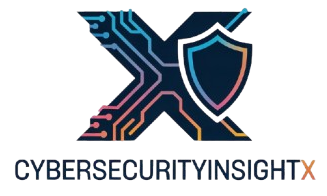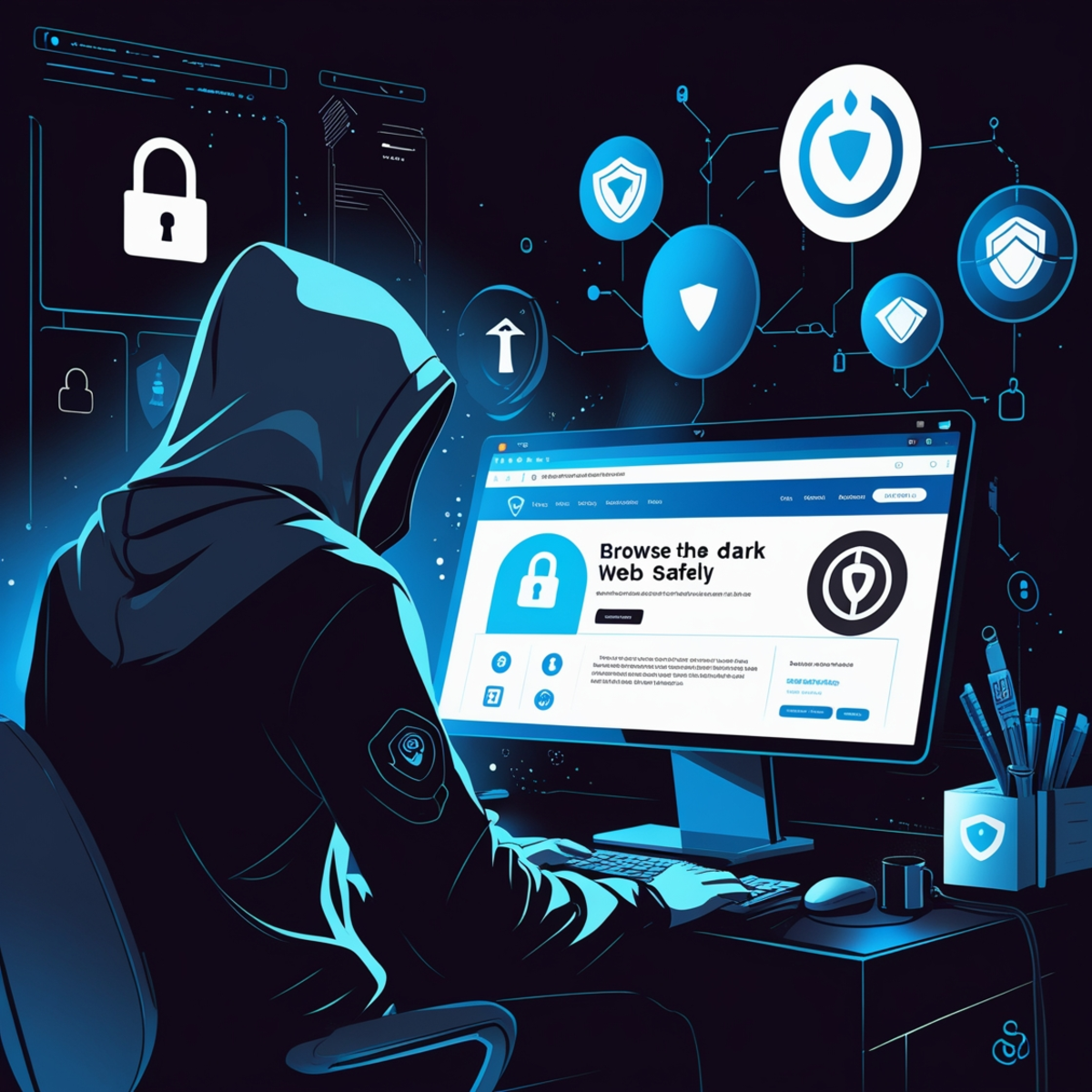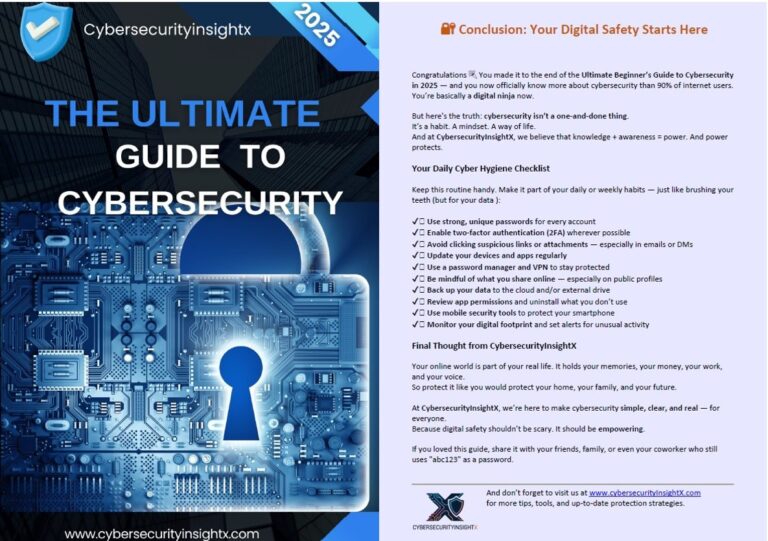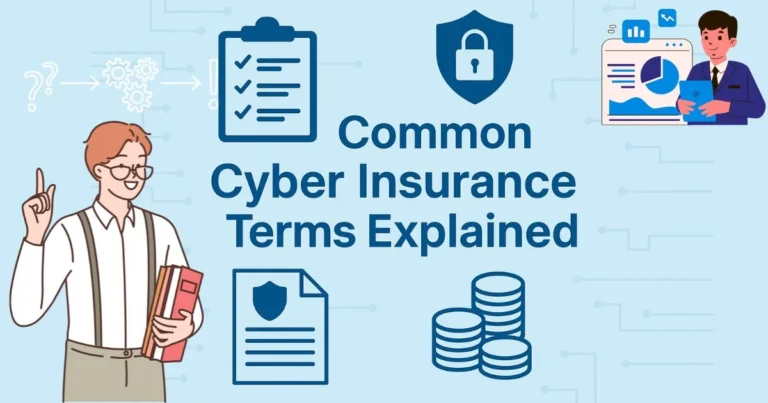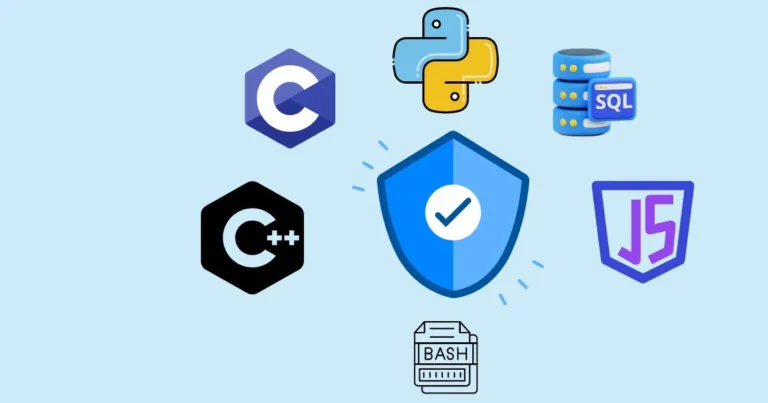Dark Web Sites: Tools, Privacy Practices, and Ethical Use
Have you ever wondered what lies beyond the surface of the internet? Dark Web sites offer a hidden world, full of privacy-focused platforms, secure communication tools, and a space for research. But before you dive in, it’s crucial to understand how to navigate this mysterious part of the web safely and ethically. In this guide, we’ll equip you with everything you need to explore Dark Web sites with confidence.
Table of Contents
Legal Considerations for Accessing Websites on the Dark Web
Dark Web sites are part of the internet that are not indexed by standard search engines. Accessing these sites requires specialized tools such as Tor, which ensures privacy and anonymity for users. While Dark Web sites can offer privacy and secure communication platforms, they also come with significant risks and ethical considerations.
| Legal Aspect | Description | Best Practice |
|---|---|---|
| Accessing the Dark Web | Legal in many countries but activity may be monitored by authorities. | Always use the Tor Browser and a reliable VPN. |
| Engaging in Illegal Activities | Strictly prohibited and punishable by law in all jurisdictions. | Avoid any illegal activity—only access legal and ethical resources. |
| Data Protection | Essential for maintaining privacy and anonymity on the dark web. | Use end-to-end encryption, VPNs, and strong passwords. Learn more about privacy tools from the EFF. |
🔐 Tip: The combination of Tor + VPN is considered one of the best practices to maintain anonymity while exploring websites on the dark web.
Responsible Use of Dark Web Websites
By understanding legal boundaries and following responsible usage guidelines, you can explore the dark web more safely and ethically. Being informed and cautious allows you to maximize the benefits while minimizing the risks.
Legitimate Use Cases
Despite its reputation, the dark web is not solely a haven for illicit activities. There are many legitimate reasons why someone might choose to access it:
- Journalists and Whistleblowers: Platforms like SecureDrop and ProPublica’s Onion site allow secure, anonymous communication.
- Researchers and Academics: Resources such as Library Genesis (in countries where it’s permitted) can offer valuable academic texts.
- Privacy Advocates: Forums and platforms dedicated to privacy rights and cybersecurity discussions.
What to Avoid
To stay within legal and ethical boundaries, avoid:
- Buying or selling illegal goods or services
- Participating in forums promoting hate or violence
- Downloading unknown files or software that could compromise your system
Dark Web Exploration: Summary and Future Tips
Exploring the dark web opens up access to a wide range of resources and communities that value privacy, security, and open dialogue. Here’s a breakdown of what we’ve covered and how you can continue your journey safely:
Key Takeaways
- Websites on the Dark Web cover a range of categories, from secure communication tools to digital libraries and forums.
- Safe access requires using the Tor Browser in combination with a high-quality VPN.
- Strong cybersecurity practices, such as encrypted communication and frequent software updates, are essential.
- Understanding your country’s laws is crucial before accessing or interacting with dark web content.
Additional Tools for Protection
- Password Managers like Bitwarden or LastPass
- Encrypted Email Services like ProtonMail
- Anonymous Operating Systems such as Tails
Ethical Use and Social Responsibility
Accessing the dark web comes with a significant responsibility. Many users overlook the ethical implications of their actions in an anonymous environment. Remember:
- Just because something is accessible doesn’t mean it’s legal or ethical.
- Use anonymity to protect yourself and others, not to harm.
- Engage in platforms that promote free speech, journalistic integrity, and academic freedom.
Community and Support
Participating in ethical dark web forums can also connect you with communities dedicated to:
- Cybersecurity education
- Freedom of information
- Encrypted messaging development
- Anonymous activism
Always ensure these communities uphold principles of legality and mutual respect.
Conclusion: Navigate the Dark Web Wisely
Exploring websites on the dark web doesn’t have to be dangerous or illegal. With the right approach, you can unlock powerful tools and platforms for privacy, research, and secure communication. Use this guide to:
- Understand your rights and responsibilities
- Apply strong security practices
- Stay updated on legal frameworks
Continue educating yourself about this mysterious part of the web to ensure that your journey is not only secure, but also ethical and beneficial.
⚡ Empower yourself with knowledge. The dark web is only as dark as the intent of its user.
FAQ: Navigating Dark Web Sites Securely and Ethically
1. What are Dark Web sites?
Dark Web sites are part of the internet that are not indexed by traditional search engines. They can only be accessed through specific tools like Tor, which provides users with anonymity. These sites are often associated with privacy-focused activities, but they can also host illegal content.
2. How can I ensure privacy when browsing Dark Web sites?
To ensure privacy while browsing Dark Web sites, you should use privacy-focused tools such as the Tor browser or I2P. These platforms encrypt your internet traffic and anonymize your IP address, making it harder for third parties to track your online activity.
3. What are some tools for secure communication on Dark Web sites?
For secure communication on Dark Web sites, you can use encrypted messaging platforms like Signal or PGP (Pretty Good Privacy). These tools offer end-to-end encryption, ensuring that only the intended recipient can read your messages.
4. Are there legal risks associated with using Dark Web sites?
Yes, visiting Dark Web sites can expose you to legal risks, especially if you engage in activities such as buying illegal goods or services. It’s crucial to understand your rights and responsibilities before navigating this part of the web. Always stay informed about the legal frameworks in your country.
5. How can I stay updated on the legal aspects of the Dark Web?
Staying updated on the legal frameworks around Dark Web sites involves regularly reading legal reports, news articles, and official statements from trusted organizations. You should also follow cybersecurity and privacy blogs to remain informed about any changes in laws related to online privacy and data protection.
6. How can I educate myself about the ethical use of the Dark Web?
Ethical use of Dark Web sites requires constant self-education. Use reputable sources and privacy-focused communities to learn more about secure browsing practices, avoid engaging in illegal activities, and ensure that your actions are in line with ethical standards.
7. What are some privacy-focused platforms for research on the Dark Web?
For research purposes, privacy-focused platforms like ProtonMail, Whonix, or Tor are essential. They protect your identity and browsing activity while accessing Dark Web sites. Be sure to use these tools responsibly and ethically.
8. Can Dark Web sites be beneficial for privacy and research?
Yes, Dark Web sites can be beneficial for privacy, research, and secure communication. Researchers, journalists, and privacy advocates often use the Dark Web to access information and communicate securely without fear of surveillance.
